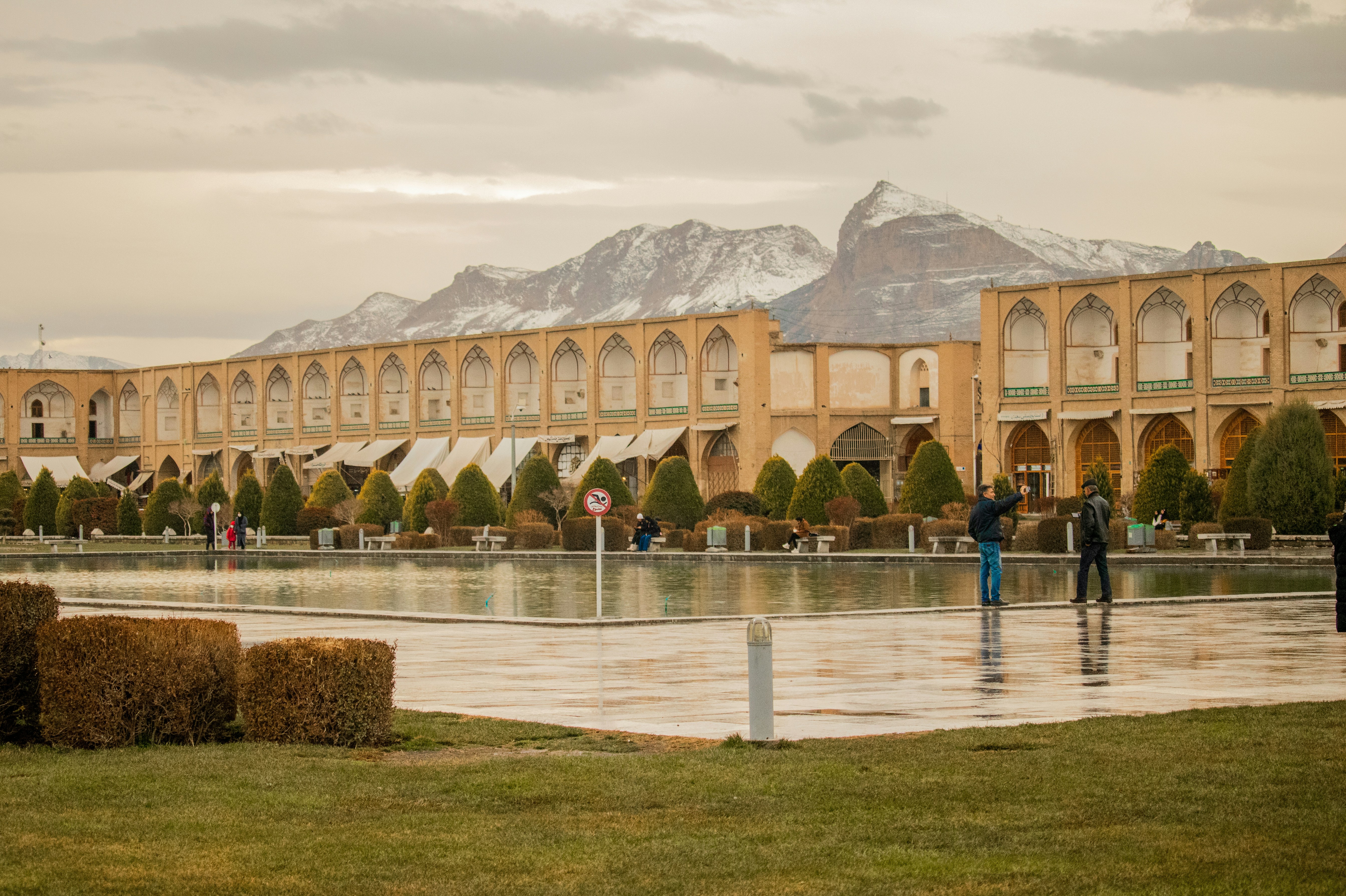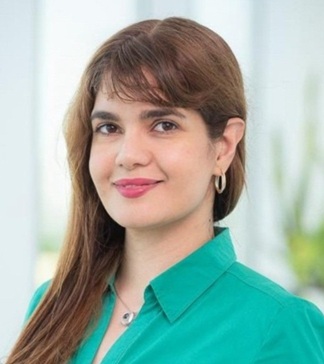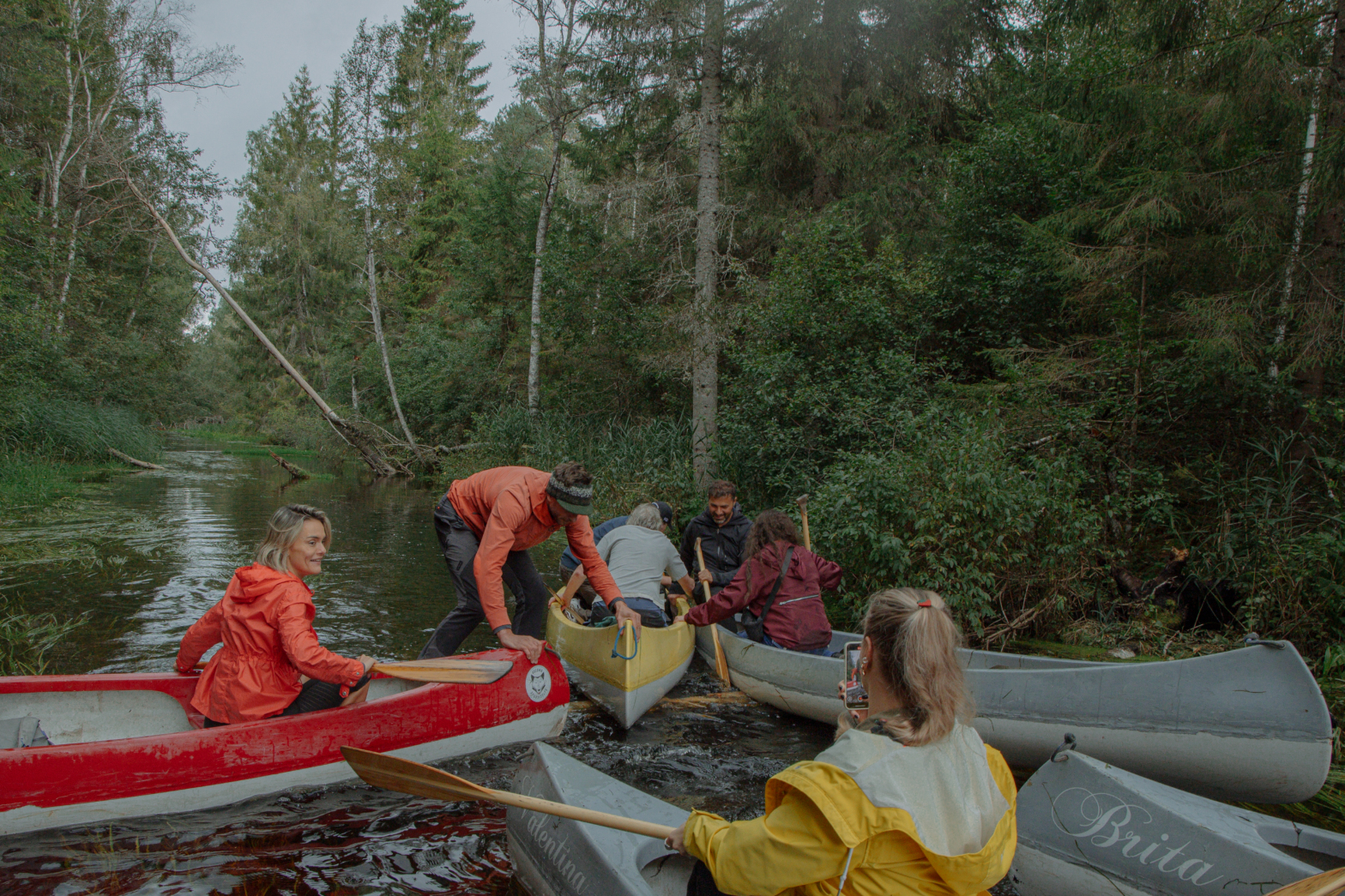Mahtab’s journey starts in Isfahan, Iran, a city so beautiful it’s called “Half of the World” — and has taken her across Europe to Estonia. With a PhD in Computer Science and hands-on experience in AI, big data, and digital twins, she now applies her expertise to making ports safer, transport smoother, and cities more sustainable. At the FinEst Centre for Smart Cities, Mahtab connects research with real challenges, proving how technology can transform everyday urban life.
We invite you to get to know her journey: Who is Mahtab Shahin, and what are her research interests and experiences? Discover her story in our short chat!




